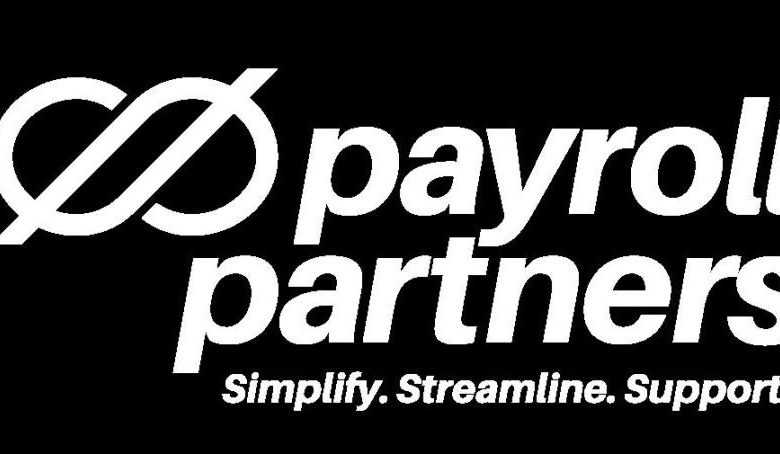Legal Challenges of Artificial Intelligence in Hiring Practices

Legal Challenges of Artificial Intelligence in Hiring Practices
Introduction
Artificial intelligence (AI) has revolutionized various industries, including recruitment and hiring. Companies are increasingly turning to AI algorithms and machine learning to streamline their hiring processes and identify the best candidates. However, with these advancements comes a series of legal challenges that organizations must navigate to ensure fair and unbiased hiring practices.
Legal Compliance in AI Hiring
1. Discrimination Risks
AI algorithms and machine learning systems can inadvertently introduce bias into the hiring process. This bias can be based on factors such as gender, race, age, or disability. If discriminatory practices are detected, it can lead to costly legal battles and damage a company’s reputation. It’s crucial for companies to ensure that their AI systems are fair and unbiased.
2. Data Privacy
AI hiring solutions collect and process vast amounts of personal data from job applicants. This data can include sensitive information such as educational backgrounds, work histories, and even social media profiles. Organizations must comply with data protection laws, like the General Data Protection Regulation (GDPR) in the European Union, to protect personal information and ensure candidates’ privacy.
FAQs about Legal Challenges in AI Hiring
Q1. Can AI algorithms be discriminatory?
A1. Yes, AI algorithms can unintentionally introduce bias and discrimination. If the training data used to develop these algorithms reflect any inherent biases, it can result in biased decision-making during the hiring process.
Q2. How can companies mitigate the risk of discrimination in AI hiring?
A2. To mitigate bias in AI hiring practices, organizations need to ensure diverse and representative training data sets. Regular audits should be conducted to identify any biases in the algorithms and rectify them. Additionally, making the decision-making process transparent and explainable can help demonstrate fairness and accountability.
Q3. What steps can organizations take to protect candidate data?
A3. Organizations should implement robust data protection measures when using AI for hiring. This includes employing encryption techniques, access controls, and secure storage systems. Complying with relevant data protection regulations, like anonymizing data and obtaining informed consent, is also essential.
Conclusion
The integration of AI in hiring practices offers promising advantages for organizations, but it also presents legal challenges. Ensuring compliance with anti-discrimination laws and protecting candidate data is paramount. By understanding these legal challenges and taking appropriate steps, companies can harness the power of AI while maintaining fair and ethical hiring practices.
Remember, consulting legal professionals and staying up-to-date with local employment laws is crucial to navigate the legal landscape effectively.



